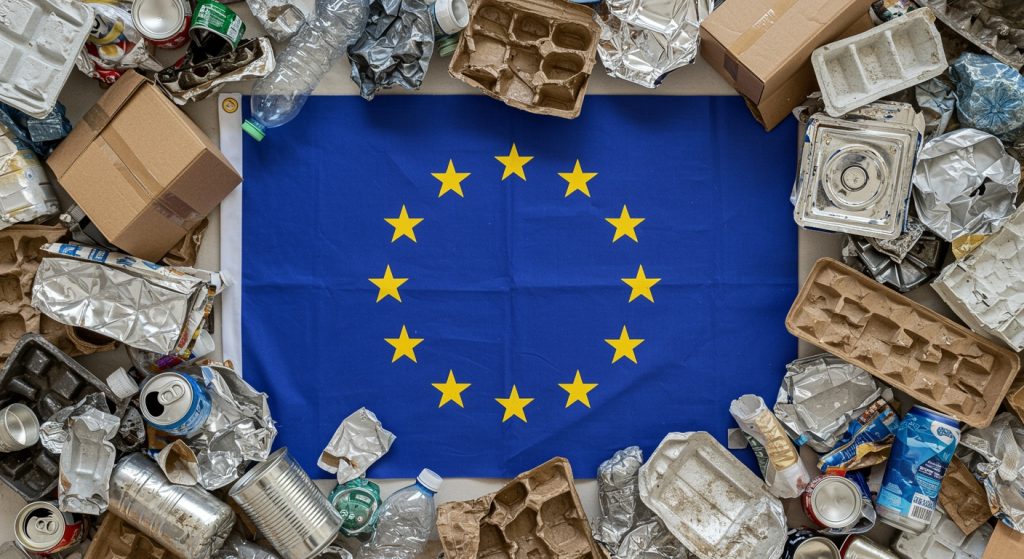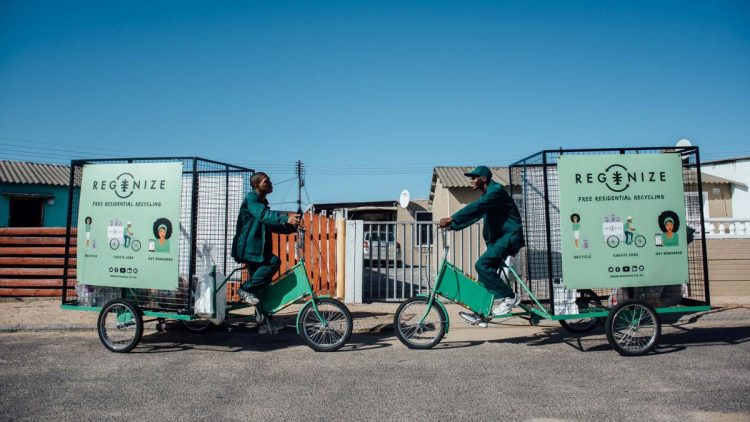Regulation Breakdown: EU Mandates 90% Recycling of Smartphone Components
In 2025, the European Union implemented one of the most stringent e-waste regulations to date, aiming to drastically curb the mounting environmental impact of discarded electronics. The new law requires manufacturers to ensure that at least 90% of all smartphone components are recycled and reused in new devices. This ambitious mandate emerged in response to the growing crisis of e-waste, which is now one of the fastest-growing waste streams globally, threatening ecosystems and human health alike.
The law does not just target bulk material recycling but specifically demands the recovery and reintegration of critical and rare materials — including lithium, cobalt, tantalum, and precious metals used in smartphone chips, batteries, and circuit boards. Producers must design phones that facilitate efficient dismantling and component reuse, supported by strict reporting and verification protocols. Failure to meet these targets results in heavy fines and market restrictions.
While the regulation’s environmental goals received widespread applause from advocacy groups and policymakers, the tech industry faced immediate operational and financial challenges. The requirement for 90% component recycling was far beyond existing industry capabilities and necessitated radical changes to design, supply chain management, and manufacturing. Many smartphone models had to be redesigned from the ground up to accommodate modular disassembly and material recovery, dramatically increasing production complexity and cost.
Beyond design, the law forced companies to invest heavily in recycling infrastructure and partnerships, expanding beyond traditional recycling firms to specialized tech recyclers. These entities were tasked with not only reclaiming raw materials but also ensuring traceability and certification to meet EU standards. The logistical and technological hurdles of scaling such systems across diverse markets and device generations proved daunting, triggering widespread disruption in production pipelines.
Corporate Countermove: Apple’s Modular iPhone Sparks Industry Debate
Faced with the EU’s rigorous mandates, Apple, one of the largest smartphone manufacturers affected, unveiled its response in early 2025: the “iPhone Modular.” This new device line incorporated swappable components designed for easy repair, upgrade, and recycling. Users could replace batteries, cameras, processors, and displays without specialized tools, aiming to extend device lifespans and simplify material recovery.
The modular iPhone represented a paradigm shift for Apple, known for its tightly integrated, sleek designs that prioritize aesthetics and compactness. The trade-off for modularity meant a bulkier chassis and slight performance compromises due to standardized interfaces between parts. Despite this, Apple’s marketing emphasized sustainability and user empowerment, positioning the product as a pioneer in environmentally conscious tech.
However, the move sparked intense debate within the industry and consumer base. Some praised the initiative as a necessary evolution that could set new standards for circular electronics. Others criticized it as a compromised solution driven more by regulatory pressure than innovation. The higher production cost translated into steeper retail prices, alienating price-sensitive customers and impacting Apple’s traditionally premium but status-symbol positioning.
Competitors scrambled to follow suit, releasing their own modular or semi-modular devices, but many struggled to balance cost, performance, and consumer appeal. The rapid shift caused supply chain bottlenecks, as specialized modular components became scarce and recycling processes lagged behind demand. Furthermore, legacy devices lacking modular designs flooded the market, complicating recycling efforts and regulatory compliance.
Apple’s modular approach also raised new questions about planned obsolescence and product lifecycle management. While repairability improved, the incentive for consumers to upgrade declined, squeezing industry growth models reliant on frequent new device releases. Investors and analysts questioned whether the green push could unintentionally stifle innovation and profitability in a fiercely competitive market.
Shadow Economy: Shenzhen’s Booming “Parts Smuggling” Underground Industry
While official recycling systems struggled to keep pace with the new regulations, an unexpected consequence emerged from Shenzhen, China — the world’s electronics manufacturing and recycling hub. A vast underground network specializing in the illicit extraction and smuggling of valuable smartphone components thrived in response to the constrained legitimate supply chains.
Dubbed the “parts smuggling” industry by local authorities, this clandestine sector focused on harvesting rare and high-value parts from discarded or refurbished smartphones destined for recycling centers bound by the EU’s rules. Criminal syndicates developed sophisticated operations to intercept e-waste shipments, dismantle devices illicitly, and sell salvaged components into black markets spanning Asia, Europe, and North America.

The illegal trade flourished due to several factors: high demand for rare materials, stringent recycling quotas that limited official supply, and the significant profit margins created by component scarcity. Smugglers employed advanced techniques to mask the origin of parts, forge certificates of compliance, and infiltrate legitimate supply chains. Some parts even re-entered official markets disguised as recycled components, undermining the regulation’s environmental intent.
Shenzhen’s authorities launched crackdowns, but the underground industry proved resilient and adaptive. Its growth complicated international efforts to track and verify recycled materials, prompting calls for more global cooperation and tighter enforcement mechanisms. Environmental advocates worried that such illegal networks not only jeopardized ecological goals but also perpetuated unsafe labor practices and toxic exposures in unregulated facilities.
The rise of the parts smuggling economy also highlighted broader systemic issues in the tech supply chain: dependence on finite materials, global disparities in recycling infrastructure, and tensions between environmental policy and economic realities. It underscored the difficulty of implementing sweeping regulatory reforms without comprehensive global coordination.
The Industry in Turmoil: A Reckoning for Tech and Sustainability
The 2025 EU e-waste recycling law represents a bold step toward sustainability but has undeniably disrupted the global tech industry in unprecedented ways. The ambitious 90% recycling target forced rapid, complex adaptations from manufacturers, triggering shifts in design philosophy, business models, and supply chains. Apple’s modular iPhone initiative exemplifies both the innovative responses and the challenges of marrying sustainability with market expectations.
Meanwhile, the surge of black-market parts smuggling in Shenzhen reveals the unintended consequences of regulatory pressure and the gaps in enforcement. It exposes the fragility of global material supply chains and the persistent lure of profit in circumventing environmental safeguards.
As companies grapple with higher costs, logistical complexity, and evolving consumer attitudes, the industry faces a delicate balancing act. Sustainable innovation demands collaboration across governments, manufacturers, recyclers, and consumers to build resilient circular economies. Policies must be globally harmonized and supported by technological advancements in recycling and material science.
For consumers, the era of disposable smartphones is waning. Extended device lifespans, repairability, and circular material use will increasingly shape purchasing decisions. However, affordability and access remain critical to avoid deepening digital divides.
Looking ahead, the tech industry’s experience with the 2025 e-waste law offers lessons on the complexity of enforcing green transitions in highly globalized, technology-dependent markets. Success will hinge on aligning environmental imperatives with economic incentives and social realities. The crash triggered by the law is not a failure but a necessary upheaval paving the way for a more sustainable future — if managed wisely.











































Discussion about this post